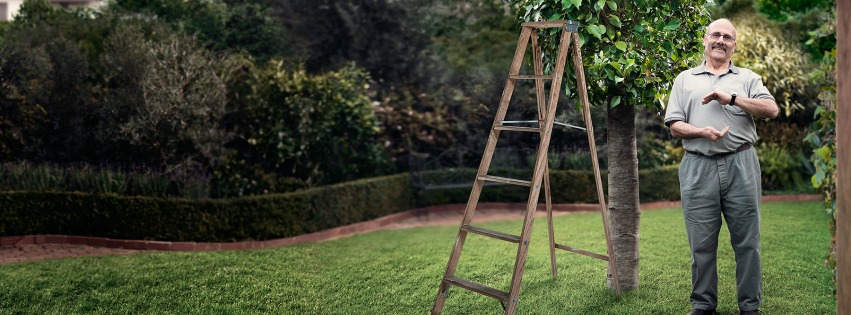
It’s natural to want the best possible retirement for yourself – and for many Australians, that means managing the complicated interplay between superannuation and the Age Pension.
Since its introduction in 1992, Australia’s superannuation system has undergone multiple legislative changes that have forced retirees to carefully consider how they will balance the income they may receive from their super savings with their eligibility for the pension.
Most people will choose from one of three options: withdrawing their entire superannuation balance as a lump sum, taking a super ‘pension’ (also known as an income stream) or taking a combination of both.
In this two-part series, we’ll look at the key implications of taking a super lump sum or a super income stream.
Research from the Productivity Commission found that only about 16 per cent of Australians drew down a lump sum at retirement, and in most cases, the typical value of those withdrawals comes in at around $20,000.
However, if you are considering taking a lump sum to bolster your at-call cash reserves, help fund home repairs, pay off debts or spend it in other ways, it’s important to understand how this particular asset may affect your financial position, particularly if you intend to rely on a part- or full Age Pension.
One of the first things to consider in this decision is the age you retire. This impacts when you can access both your superannuation and your pension.
Other than in a few limited circumstances such as severe financial hardship, compassionate grounds, temporary or permanent incapacity or a terminal medical condition, you’re not usually able to access your super until:
Your preservation age is the earliest age at which you can access your super if you are retired, or have started a transition to retirement income stream. This age is different from your pension age and ranges from 55 to 60 depending when you were born. Industry Super can help you find out when you can access your super.
If you access your super as a lump sum prior to turning 60 due to one of the special circumstances listed above, you pay your concessional rate of super tax. According to the Australian Taxation Office (ATO), this rate on the taxed element will be your marginal tax rate or 22 per cent, whichever is lower, and the rate on the untaxed element will be your marginal rate or 32 per cent, whichever is lower. You will also be leaving the super system.
If you withdraw your super after you turn 60, you don’t pay tax on the tax-free component of your super when you withdraw it regardless of your age or the way you withdraw it.
The Department of Human Services (DHS) doesn’t treat a super lump sum as income when it comes to calculating your Age Pension entitlement, although you do need to let Centrelink know that you’ve received the lump sum.
Once you withdraw a lump sum from the super system, however, it’s no longer considered to be ‘super’. This means that if you choose to invest your lump sum in other savings options, any returns from those investments may be taxed at a higher rate – and they may be considered both an asset and an income under the pension eligibility rules.
If you use your lump sum to buy a new asset, such as a caravan, the DHS could consider it an asset that impacts your pension eligibility. The department provides a more detailed breakdown on its treatment of lump sums.
Spending your lump sum on home renovations, however, is unlikely to impact your pension entitlement because the Age Pension income and assets tests don’t assess the value of your personal residence.
Sarah Saunders, head of consumer advocacy at Industry Super Australia, explains that for some retirees, taking some or all their super balance as a lump sum can be the most sensible options.
“Some people choose to take a lump sum to avoid moving into retirement with substantial debt,” she says. “Others will use a portion of their super to buy goods they need to see them through a long period of living on a low, fixed income”.
“Homeownership is strongly linked to wellbeing in older age, so paying down the mortgage on a principal residence, which is excluded from the pension assets test, certainly makes sense”.
A potential downside of taking some or all your super balance as a lump sum is that this could make it more difficult for you to fund what’s likely to be a far longer retirement than your parents enjoyed.
“The downside of delving into your super savings too early is that you could be caught short in the later stages of retirement,” Saunders continues.
“[And] greater reliance on the pension could leave you vulnerable to unexpected public policy changes”.
Increasingly, Australians are choosing to leave their superannuation in the tax-effective super environment, with income streams proving to be a popular way of accessing regular payments, even while the remainder of their super balance remains invested and possibly continuing to grow.
It’s always important, however, to speak to your super fund, financial planner and the DHS to navigate the best possible options for your personal situation.

Turn your super into an income stream when you retire and you can receive a regular income to top up the Age Pension, while the balance stays invested. Everything you need to know is at industrysuper.com